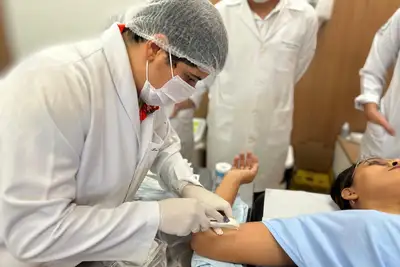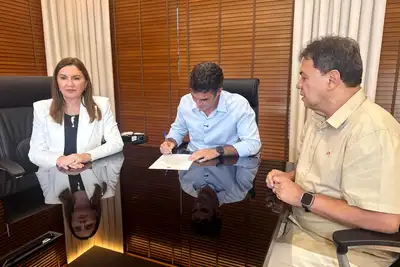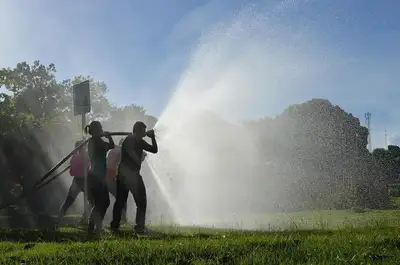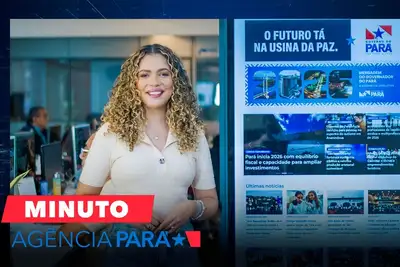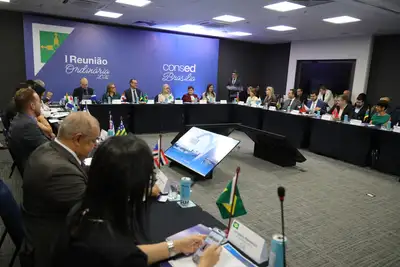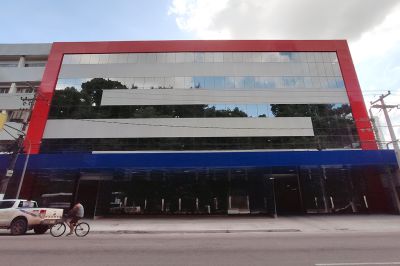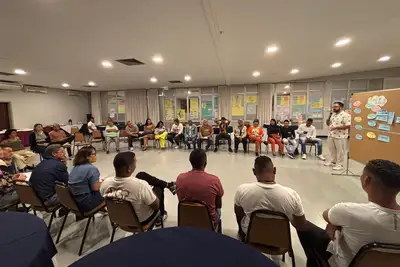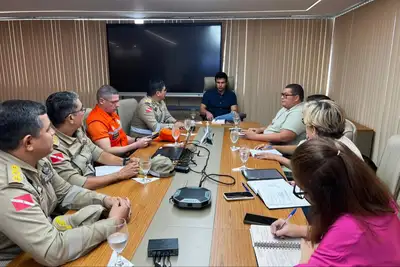Emater's conversation circles in public schools give voice to the youth of Belém
The meeting, this Wednesday (1st), will be led by agronomist Jader Moura from the Technical Assistance and Rural Extension Company.
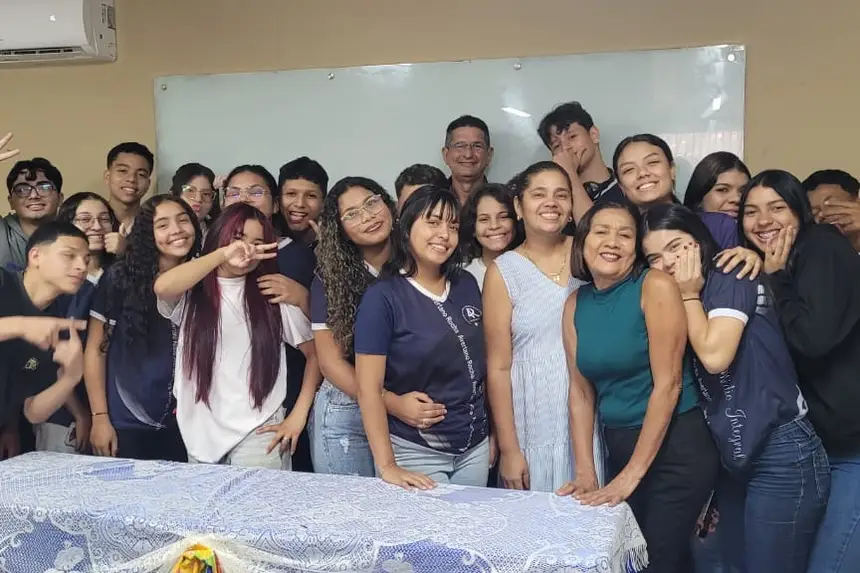
This Wednesday (1st), at 2 PM, 50 full-time high school students from the Edvaldo Brandão de Jesus State School of Fundamental and Secondary Education (EEEFM) in the Tapanã neighborhood of Belém will participate in a conversation circle about the environment and food production. The meeting will be led by agronomist Jader Moura from the local office of the Technical Assistance and Rural Extension Company of Pará (Emater) in Belém.
This action is part of the project “Towards Cop-30 – Public Policies for Sustainable Development and Environmental Preservation in the Amazon Region,” conceived by Moura, a master in Agricultural Sciences. Since last August, Emater has been promoting meetings in public schools. In practice, the partnership between Emater and the State Department of Education (Seduc) aims to engage children and adolescents from the outskirts of Belém in environmental agenda issues, inviting them to participate in community-open programming and to follow, with information and understanding, the negotiations between countries.
“I found the lecture interesting. Besides being a well-developed topic, it opened my eyes to the term ‘sustainability,’ which I previously thought was irrelevant and unnecessary. Now I feel like I’m learning that ‘sustainability’ can save the world, can change lives, can change everything you think. The world cannot be discarded. It is necessary to ensure the existence of new generations,” comments Carlos Gabriel Viana, 15, a first-year high school student at the Avertano Rocha State School of Fundamental and Secondary Education (EEFM) in the Cruzeiro neighborhood, in the Icoaraci District. In this unit, 87 students attended lectures by the Emater team last Friday (25).
For Jader Moura, “Sustainability” is precisely the idea that most sparks the audience's curiosity: “They are children and adolescents still forming their repertoire, bombarded by internet data, which often generates confusion among so many scientific concepts.”
“We are here as facilitators and deepeners of a meaning that is already ingrained in their reality, their families, their cities. When they discover what ‘sustainability’ is, they are amazed because they visualize that it is possible to transform production systems, daily life, and that they, the youth, are the protagonists of this process. They are the future, the new generation: so they take on the responsibility and power and recognize themselves as more important than ever to society,” he explains.
Text by Aline Miranda



